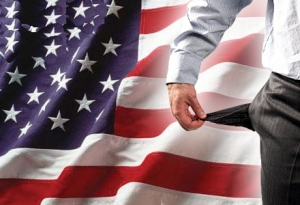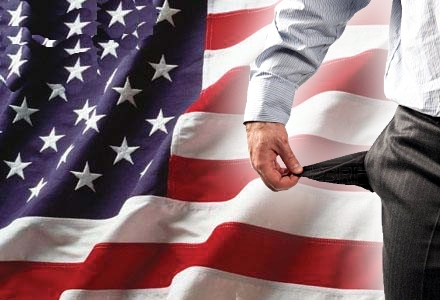 Lots of folks were smiling widely following the US Department of Justice’s pre-Christmas confession that they’d been, uh, mistaken in their longtime public stance that the 1961 Wire Act applied to every form of gambling except kids playing marbles. Some of the widest smiles were on the faces of UK-listed online gaming company CEOs, many of which saw their share prices rise dramatically in the immediate aftermath of the DoJ announcement.
Lots of folks were smiling widely following the US Department of Justice’s pre-Christmas confession that they’d been, uh, mistaken in their longtime public stance that the 1961 Wire Act applied to every form of gambling except kids playing marbles. Some of the widest smiles were on the faces of UK-listed online gaming company CEOs, many of which saw their share prices rise dramatically in the immediate aftermath of the DoJ announcement.
Bwin.party (Pwin) was the biggest beneficiary of this stock rally, rising 23% on the first day of trading following the DoJ opinion becoming public knowledge. For the record, this is by no means the first time a newspaper headline has sent Pwin stock soaring or crashing. In April, Pwin stocks lost 16% in one day on news that Germany was considering a new highly unpalatable state gaming treaty. A week later, they shot up 25% to 170p following Black Friday, but reality had set in by August, dipping the stock temporarily below 100p. The DoJ news has them back up over 160p, but how long they stay there may depend on what comes down tomorrow’s news wires. Whatever that brings, I don’t think the DoJ about-face will have any significant long-term positive impact for Pwin shareholders.
I don’t mean to unduly single out Bwin.party, here. I think any UK-listed company pinning its hopes on a future US market will wind up disappointing its shareholders. I’ve long predicted that the US market would develop in piecemeal fashion, growing state-by-state over a decade or more. In the short term, the states that do open up will likely have highly unrealistic expectations of the revenues they can generate, meaning operators will be taxed so heavily that profits will be thin (if not anorexic). The first states that take the plunge will also be under powerful public microscopes, so they’ll insist on over-regulating in the hopes of avoiding potentially embarrassing incidents. This will increase the already steep startup and operating costs and further decrease operator profits.
The first states to go live will also put powerful microscopes up prospective operators’ backsides to ensure they’re dealing with what Remote Gambling Association chief Clive Hawkswood described as “partners who are whiter than white … [US regulators] want no skeletons to emerge.” So where does that leave Bwin.party co-CEO Norbert Teufelberger, who, along with fellow Bwinner Manfred Bodner, was briefly jailed in 2006 for offering services to French punters in violation of French law? Then there’s the fact that Bwin has yet to make amends for taking US sports betting action — the illegality of which, as the DoJ opinion made explicitly clear, hasn’t changed — prior to the Unlawful Internet Gambling Enforcement Act becoming law in 2006. Bwin.party may have reached a three-way US-facing joint venture partnership with MGM Resorts and Boyd Gaming, but no state regulator has yet signed off on that deal.
In short, the US is not online gaming’s promised land for public companies. It only appears so by default, because the regulatory hurdles and inherent inflexibility of the corporate structures prevent these companies from staking a claim in Asia, where the real gambling gold rush is going down. Anybody holding public gaming stock currently trading at a six-month high might want to consider cashing out now, because God only knows what the morrow will bring.
